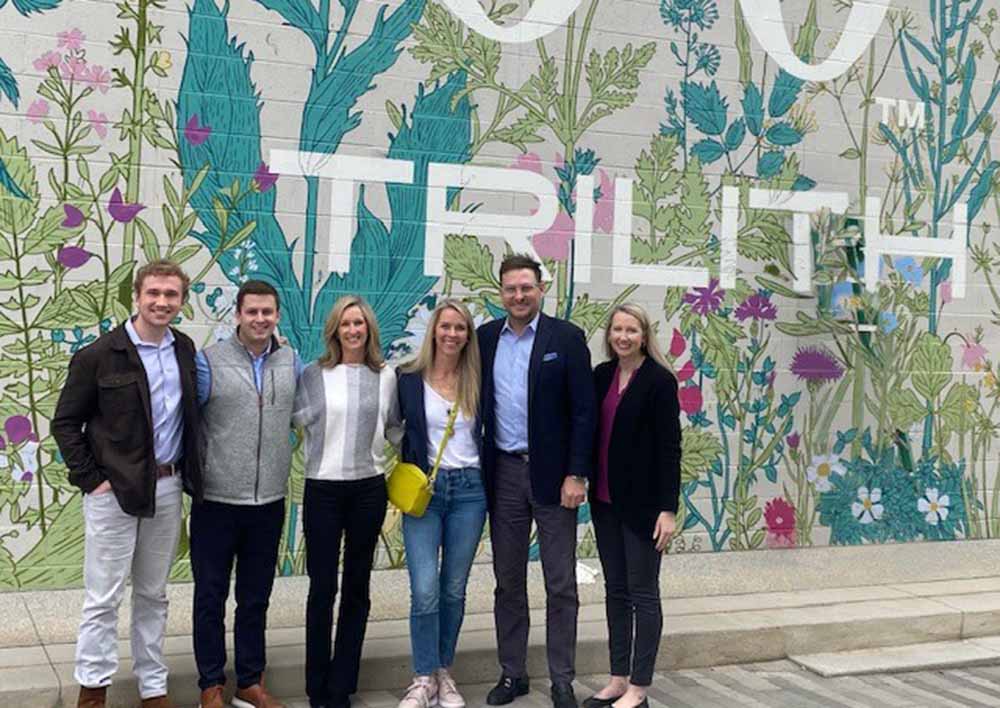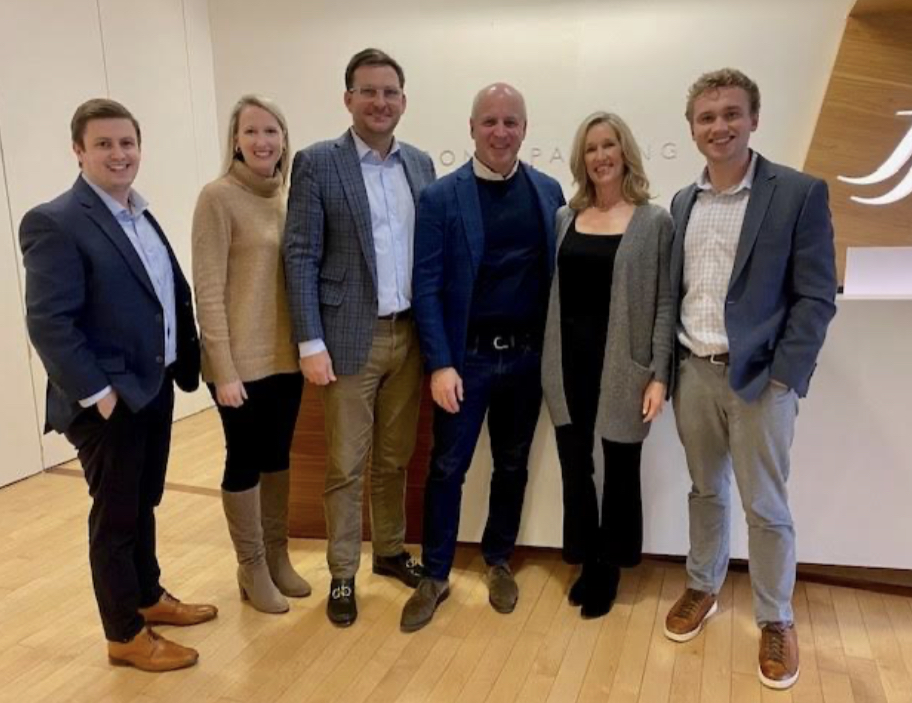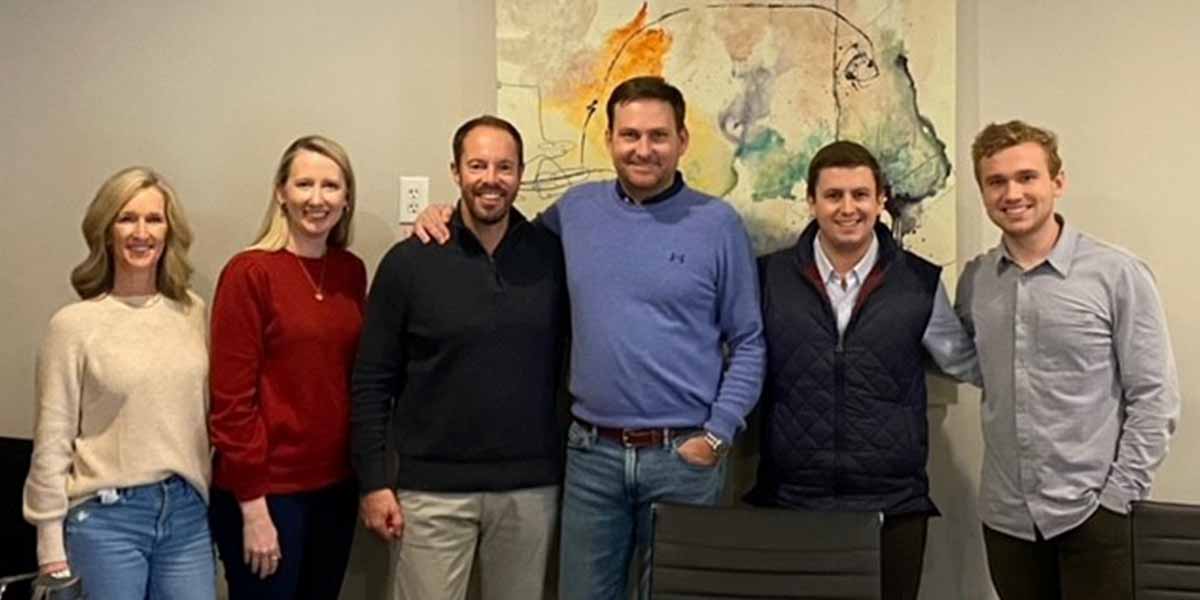
by brad | Dec 3, 2025 | Thought Leadership
Executive search – the process of utilizing specialized firms to help recruit C-level talent – is a mature industry that continues to show signs of growth and recently, a flurry of M&A activity. According to a recent study by Modor Intelligence, the...

by supergrant | Sep 23, 2025 | Thought Leadership
For many Chief Human Resources and People Officers, leaning on retained executive search expertise to help make the right C-level hires is critical for success. In the past few years, HR leaders have even expanded their partnerships with executive search firms to...

by supergrant | Apr 20, 2023 | Thought Leadership
Benjamin Franklin once famously said “The handshake of the host affects the taste of the roast.” No one understood this more than Truett Cathy, who created the Chick-fil-A sandwich in a three-stool diner called the Dwarf House in Hapeville, Ga. While the sandwich he...

by supergrant | Mar 3, 2023 | Thought Leadership
We’ve all heard the phrase from Scripture “there is nothing new under the sun…” As The Grant Partners grows, we are constantly reminded of this wise but simple fact. That is why we are intentional every month to come together and learn from professionals who have...

by supergrant | Jan 26, 2023 | Thought Leadership
A few years ago, the New York Times wrote a story on one of the most ubiquitous elements in football that was disappearing in front of our eyes – the huddle. For many, this is just a natural byproduct of an evolving game. It just removes an element that slowed the...

by supergrant | Feb 22, 2021 | Thought Leadership
If your perception of executive search is simply culling through resumes and scouring LinkedIn, then you’ve got the wrong idea of who we are. At the Grant Partners, we see ourselves as your dedicated, loyal partner in the ongoing war on talent. And if we’re going to...







